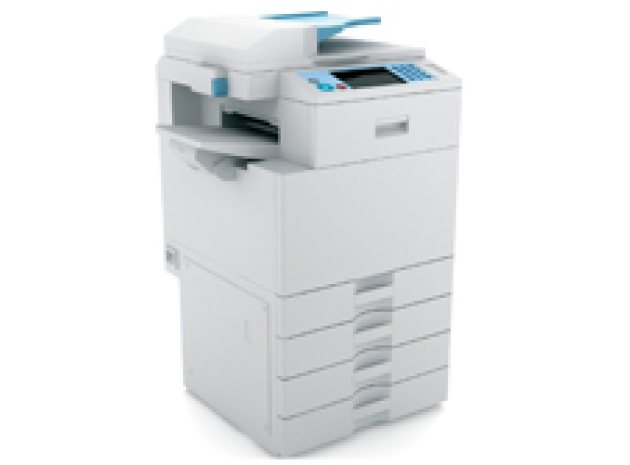WHEN PHOTOCOPIER PROTOCOL STARTS TO SEEM LIKE THE MOST IMPORTANT ASPECT OF YOUR TEACHING LIFE, IT’S PROBABLY TIME TO RELEASE A LITTLE PRESSURE, SAYS TOM STARKEY...
I’ve been close to losing it a number of times in my career. Not ‘shouting in the classroom’ losing it. I’m fairly close to doing that at least a couple of times a day.
No. I’m talking about really losing it. Breakdown losing it. Chances are you might have been there yourself. There’s a fair few of us.
It's an oft-told story, which is basically about pressure (the type fit to turn coal into diamonds). It happened when I was just starting out in a secondary. Massive workload, daft travelling times, training that left me ill-prepared for anywhere except a successful grammar school in the 1950s combined with behaviour from students who took the term ‘challenging’, pushed it into the ground, rubbed mud in its face and laughed. You mix that up with fear of failure, worry for the kids, trying to do your best but often failing and you've got a potent recipe for despair.
I couldn’t sleep and became a ghost haunting the rooms of my own house. I was angry and tired and at the end of my tether. I didn't know what to do.
Then I met Louisa.
Louisa was a 20-year veteran of the admin team, but that role paled in comparison to her true calling as High Master and Keeper of the Reprographics Room. This hallowed position placed her firmly at the apex of the school with only the Head having more power (although that was arguable at times). Senior management, in their wisdom, had decided that all bulk photocopying had to go through Louisa and The Machine: a monolithic, always-on photocopier that only Louisa could control. Unfortunately, the definition of ‘bulk’ got lost a little from dictionary to decree and therefore anything over 20 sheets had to go to Louisa after correctly filling out an insanely detailed pink form.
Those little pink forms took on an almost talismanic quality. If they were done and handed in then the day would be bearable. Not good, but bearable. I would run down corridors clutching them like winning lottery tickets, booting teachers out of the way knowing full well if they got to Louisa first there'd be no worksheets for me that day. I’d shove those pink forms into the ‘in’ box, turn round and run straight back. No time to talk. It was just another little insanity in my day that was full of little insanities.
Then it all went wrong.
Wednesday I arrived, breathless, at the repro-room, once again winner of the pre-first lesson dash. I looked down at the papers and realised to my horror that somehow I had forgotten to fill them in. It was simple mistake but it was enough. I froze. I couldn’t rip my eyes from those damn forms. That was how Louisa found me, like I was posing for a still-life class.
“Think you better come in here a minute,” she said. I gibbered something and followed her.
“We’ve never talked me and you. You’re the one that runs. Newish aren’t you?”
I nodded.
“Well, let’s have a look.” She held out her hand. At first I didn’t understand. Then I looked down and realised I still had the pink forms clutched in my hands in a death-grip. I willed myself to let go and gave them over, ready for the remonstration.
“Well, to be honest,” Louisa said, “It doesn’t really matter does it?” She crumpled the forms and threw them in the bin. It took a lot from me not to dive in after them. “Right then, me and you need to have a chat. Just a sec.” She pulled a plug from the wall and for the first time since I had arrived at the school, The Machine fell silent.
I won’t go into what Louisa said. To be honest, it doesn’t matter. What does, was that she gave me some of her time and she forced me to take it. It was such a rare commodity that even during that first conversation as Louisa talked to me about things like her grandkids and friends and what we both might be having for tea and then asked me about my life outside school I felt like I should be doing a million other things. But Louisa wouldn’t let me go and by the end of our conversation I didn’t really want to. It was nice to feel like a human being again.
In the next weeks and months Louisa and I would always schedule some time for a chat, a coffee in the staffroom and a laugh. It wasn’t much, but at that time it was enough. It got me through. My working life wasn’t all sweetness and light from that day forth, but I gained some perspective, thanks to someone turning the valve in my head and releasing some of the pressure.
I’ve tried to pass this on when I see that desperate look in someone’s eye. I know that look. I try to get them to take some time out, because Louisa taught me something very important:
Sometimes it helps to turn off The Machine.
Thanks for reading.









